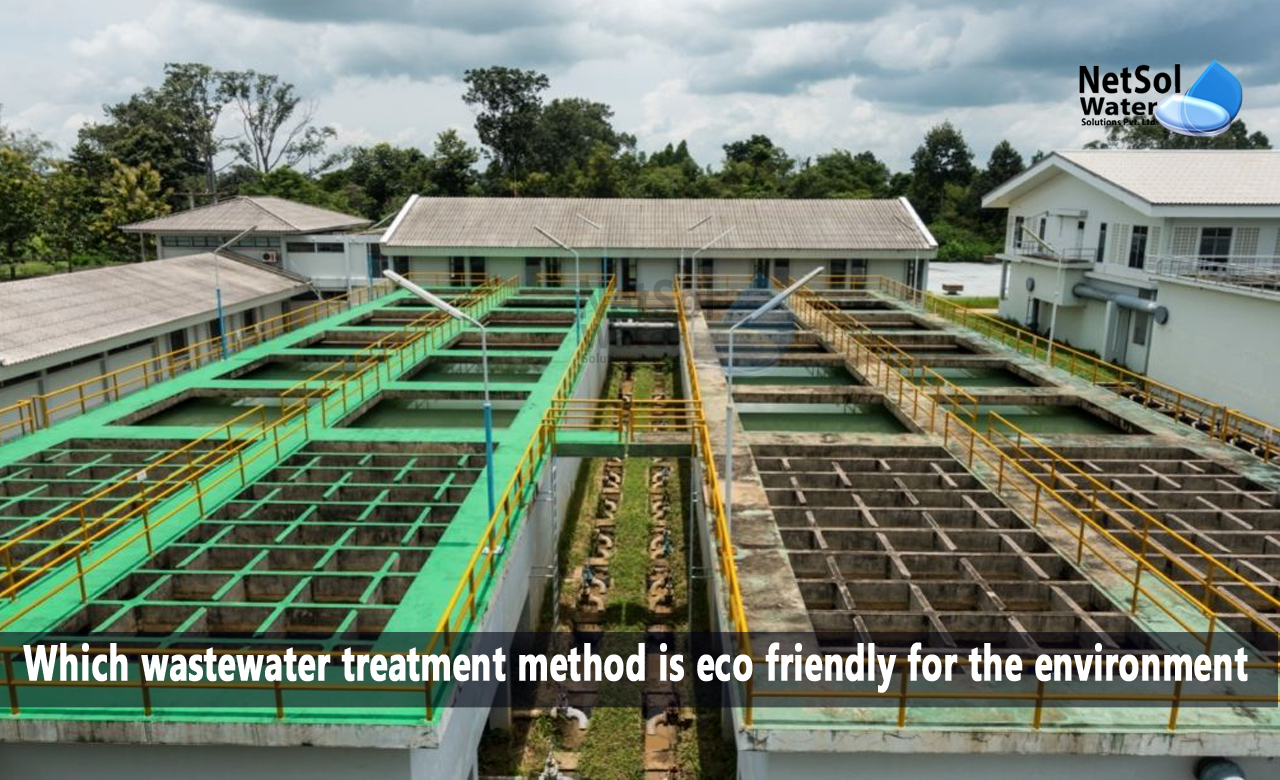Which wastewater treatment method is eco-friendly for the environment?
It is possible to purify water effectively with a number of inventions; however, many of them are not environmentally friendly or sustainable.
Several wastewater treatment techniques require chemicals to clean the water, and take a lot of energy. These non-sustainable techniques of purification are no longer enough due to our fast-changing climate, thus it's time to look into sustainable alternatives.
Let’s understand which wastewater disinfection method is eco-friendly for the environment!
A water purification technique must be accessible to all communities, have a minimal or non-existent carbon footprint, and have little to no environmental impact in order to be considered sustainable.
Below are a few methods of purification that meet the requirements:
1. Ultrafiltration
While, a membrane filter is used to cleanse the water in the ultrafiltration process, it is similar to reverse osmosis in many ways. But, the pore diameters of the membrane are larger in ultrafiltration.
It is a sustainable way of water filtration because it doesn't require chemicals, consumes less energy, and is very successful at removing particles and bacteria from water. Moreover, ultrafiltration is sustainable since it successfully transforms wastewater and seawater into fresh, clean water that can be used for a variety of purposes.
2. Water filtration using ceramics filters
One of the rare methods that uses natural medium to clean water is ceramic water filtration. Ceramic media is used in water filters to remove dirt and microorganisms. They function by allowing water to flow through the minuscule holes in the ceramic filter candle (cartridge), trapping pollutants along the way. The majority of particles and germs are eliminated from the water, as a result of the tiny size of the pores.
There are many different sizes and uses for ceramic filters. These are affordable solutions because they are available as portable devices, or point-of-use systems. Some of their versions can even run without electricity. In conclusion, ceramic water filters are made from natural materials, reduce waste, respect the environment, and are simple to reuse.
3. Water Purification with UV Light
One of the greenest technologies out there is ultraviolet water filters. They don't utilize chemicals that are bad for the environment, or produce waste water.
They function by letting UV light pass through water. The germicidal frequency of this UV light renders aquatic microorganisms inert, preventing them from proliferating or spreading disease.
If you decide to purchase a UV water purifier, you have a variety of alternatives because they are available as point-of-use and point-of-entry systems, or are even used in industries.
4. Activated Carbon Filtration
Another category of filters that make use of natural media is activated carbon filters. They are constructed of sustainable materials like wood, bamboo, coconut shells, and nut shells.
Due to the fact that they replace plastics and are frequently constructed from repurposed wood, activated carbon filters are sustainable solutions for water treatment. Once the contaminants they have adsorbed are expelled from their surface, they are frequently reusable.
5. Water Filtration Using Charcoal
Similar to activated carbon filters, charcoal water filters function by adsorbing contaminants to their surface. Also, they are constructed using wood from sustainable sources. They eliminate toxins from the water like lead, chlorine, and pesticides.
Conclusion
There are numerous water treatment techniques on the market right now, and more are being developed. For instance, some reverse osmosis filter models are made to produce less wastewater, making them more environmentally friendly options. Also, several water filter manufacturers have created recycling programs for cartridge filters, as part of their commitment to sustainable living.
Netsol Water is one of the best manufacturers of water and wastewater treatment plants in India. We provide sustainable and eco-friendly water and wastewater disinfection methods. Call us at +91 9650608473 or email at enquiry@netsolwater.com for further information.



